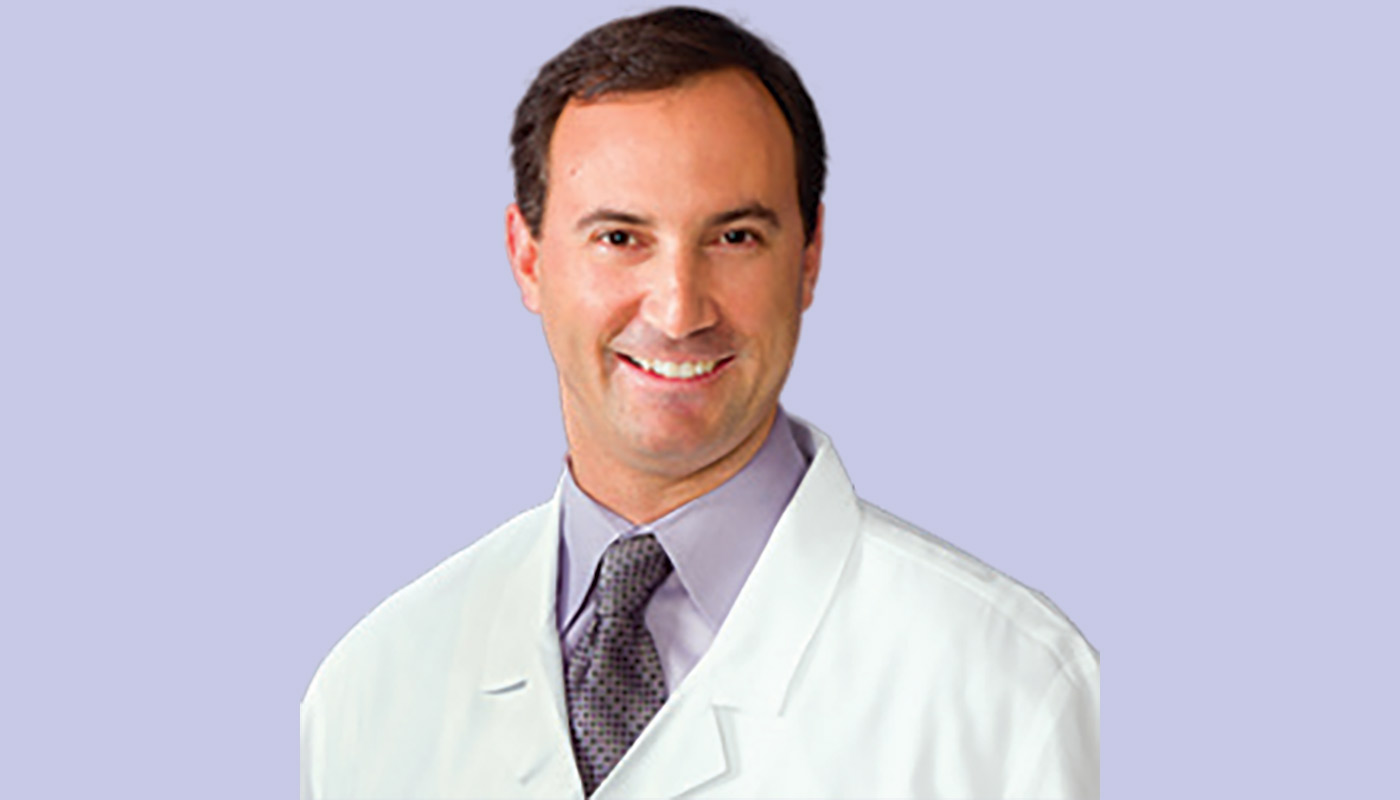
Andrew Cannestra has built his career around one goal—helping people regain the freedom they lost to chronic pain. From the beginning, he was drawn to the functional side of medicine. “It is extremely satisfying to help patients walk again or return to work after years of pain,” he says. That passion shaped his path into spinal surgery and continues to drive his approach today.
Cannestra’s philosophy of care is centered on responsibility and precision. He believes surgery should never be automatic, but rather the right solution for the right patient. Each case is different, and he tailors every procedure to the individual. His focus is on using the smallest incision and the most minimally invasive methods available. This style not only corrects the problem but also allows patients to recover faster and return to the activities they enjoy.
Education and training gave Cannestra the technical expertise, but his mindset is what makes him stand out. He sees surgery not as a process, but as a bridge back to life for his patients. By combining innovation with empathy, he has become a trusted leader in his field.
Beyond his surgical skills, Cannestra is an advocate for patient-centered care and smarter decision-making in medicine. He believes in giving people the knowledge and tools to take control of their health. His story is one of discipline, precision, and a deep commitment to improving lives—proof that true success comes from combining technical excellence with compassion.
Q: How do you personally define success?
Andrew Cannestra: For me, success is very simple: it’s seeing patients regain the ability to do something they thought was gone forever. When someone who couldn’t walk without pain is able to return to work or play with their kids again, that is success. It’s not about the number of surgeries I perform—it’s about the outcome and the quality of life that follows.
Q: Has your view of success changed over the years?
Andrew Cannestra: Definitely. Early in my career, I measured success in terms of technical precision—did the surgery go exactly as planned, were all the metrics perfect? With time, I realized the true measure is not just the surgery itself but the long-term impact on the patient. Sometimes the best success is deciding not to operate and finding another way to help.
Q: Can you share an example of a moment that shaped how you think about success?
Andrew Cannestra: I once had a patient who was a carpenter. Chronic back pain had forced him to give up the work he loved. After a minimally invasive procedure, he was able to go back to his shop and build again. When he brought me a handmade chair as a thank-you, it really hit me—success isn’t about recognition, it’s about restoring purpose for someone else.
Q: What habits do you credit with helping you succeed?
Andrew Cannestra: I believe in preparation and tailoring. In medicine, you can’t approach two patients the same way. I always spend extra time upfront, listening to the patient and studying their case. That preparation pays off. Another habit is restraint. It may sound odd, but knowing when not to operate is just as important as knowing how to operate.
Q: How does education factor into your definition of success?
Andrew Cannestra: Education gave me the technical skills I needed, but real success came from applying them responsibly. Medical school teaches you anatomy and procedure. Experience teaches you judgment. To me, education never stops—you’re always learning new techniques, new technologies, and new ways to listen to your patients.
Q: You often use minimally invasive techniques. Do you see that as a marker of success in your field?
Andrew Cannestra: Yes, but not for the reasons people might think. It’s not about the technology itself—it’s about what it makes possible. Using the smallest incision and the least invasive method allows patients to heal faster and return to daily life sooner. Research shows recovery times are cut by nearly half in many cases. To me, the quicker someone can return to walking, working, or living pain-free, the greater the success.
Q: What advice would you give someone outside of medicine who is chasing success?
Andrew Cannestra: Don’t define success by scale. Define it by impact. If you help even one person reclaim something meaningful, that’s a success. And always remember: just because you can do something doesn’t mean you should. Responsible choices often lead to longer-lasting results.
Q: What do you do when you face setbacks?
Andrew Cannestra: I take a step back and evaluate. In surgery, as in life, you can’t control everything. But you can control how you respond. When something doesn’t go as planned, I focus on what I can learn and how I can adapt. Success isn’t about never failing—it’s about using failure to refine your approach.
Q: How do you balance personal success with professional success?
Andrew Cannestra: Balance is tricky in medicine. But I’ve learned that if you don’t protect time for family and personal recovery, you can’t be at your best for patients. Success is being present in both places—not letting one take everything from the other.
Q: If you could leave people with one thought about success, what would it be?
Andrew Cannestra: Success is not a trophy. It’s a process. It’s about the patient who walks again, the family that gets their loved one back, the carpenter who can build another chair. Success is found in the small victories that add up over time.
